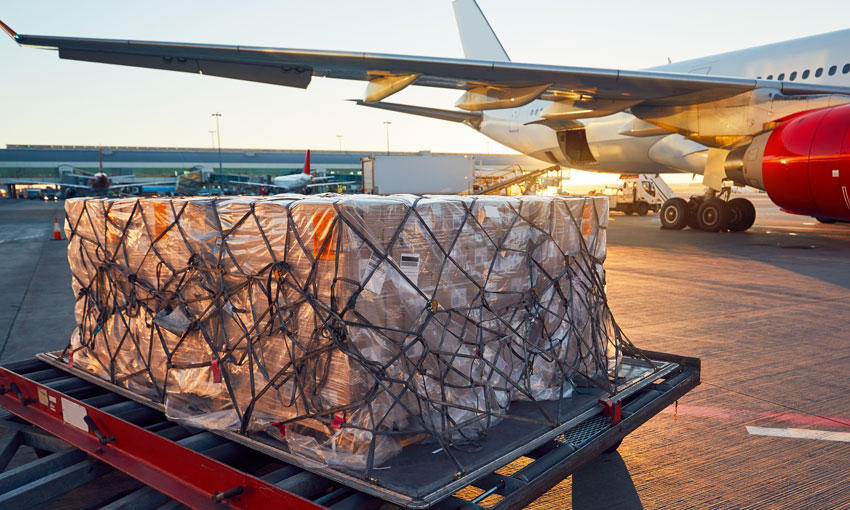HOPES for a boost in international air cargo volumes during the festive season have taken a dip, with CLIVE Data Services and TAC Index reporting a 1% year-over-year fall in demand during November.
From a low of -37% in April, the gap in year-on-year air cargo volumes is said to have been been steadily closing.
CLIVE Data Services managing director Niall van de Wouw said they saw a levelling off develop at the end of October.
“After six months of small but encouraging improvements, the stalling of demand in November – typically a peak month when we’d expect dynamic load factor growth – could be seen as a further negative indicator,” Mr van de Wouw said.
“However, we must contrast this with the impact of lockdowns and restrictions imposed by governments to slow the second wave of Covid, especially in Europe and the US, and the corresponding disruption to business continuity and consumer confidence,” he said.
“Against this uncertain operating environment, the global air cargo market in November arguably showed a degree of resilience.”
Mr van de Wouw said the air cargo sector could take some comfort from the positive news of successful vaccine developments and the global demand shipments of the vaccine will hopefully produce for air cargo supply chains.
“This will also bring more capacity to the market and hopefully coincide with a rise in consumer spending, which is hopefully a prelude to a more sustainable recovery in 2021,” he said. TAC Index reports airfreight rates in November increased significantly from Hong Kong and China to Europe month-over-month by 30% and 24% respectively, although rates from Hong Kong to both Europe and the US flattened towards the end of the month and, week-on-week analyses shows China-Europe rates decreasing by around 6% towards the end of November.

